Court orders Japanese firm to pay forced wartime laborers
By Korea HeraldPublished : Oct. 30, 2014 - 21:31
A Seoul court ruled Thursday that a Japanese company should compensate dozens of South Koreans who were forced to work for it during World War II.
Seoul Central District Court ordered Nichi-Fujikoshi Corp. to pay 80 million won-100 million won ($75,800-$94,800) each to 31 former laborers and their family members for the forced labor in the 1940s.
The company was accused of mobilizing 1,000 Korean girls aged 12-18 for forced labor at a factory in Toyama Prefecture during the war.
Millions of other Koreans were coerced into labor during Japan‘s colonial rule of the Korean Peninsula between 1910 and 1945.
“Deceiving young girls into forced labor is a crime against humanity directly related to Japan’s illegal occupation and invasion of Korea,” the court said in a ruling. “Therefore, the defendant has the obligation to compensate for the pain and suffering endured by the plaintiffs.”
The court said the victims worked 10-12 hours a day, six days a week, were ordered to carry out dangerous tasks and were not properly fed.
The victims returned to their homeland to face even more discrimination, the court added, as locals often misconstrued them as former sex slaves.
The plaintiffs had lost a similar lawsuit filed with a Japanese court in 2003. Their appeal was also dismissed by the highest court in Japan eight years later.
In a historic 2012 ruling, however, South Korea‘s Supreme Court said forced Korean laborers still had the right to be compensated by their former Japanese employers, contrary to what the 1965 treaty between South Korea and Japan stated.
The ruling led the plaintiffs in the latest case to make a claim with a South Korean court.
“I hope this ruling makes Japan feel a pang of its conscience and come to apologize for its wrongdoing,” said Kim Jeong-gyu, an 83-year-old plaintiff.
She said the victims had subsisted on grass and slept with their shoes on to survive the cold during the war.
“That’s how we lived every single day until we returned to Korea. We didn‘t even know Korea had been liberated by the time we came home,” she said.
Jang Wan-ik, the lawyer representing the plaintiffs, said he hoped the ruling would encourage other former laborers to seek compensation.
“The 2012 ruling by the South Korean Supreme Court is valid for three years,” he said. “That means other victims should hurry to file a complaint by May 2015. (Yonhap)
Seoul Central District Court ordered Nichi-Fujikoshi Corp. to pay 80 million won-100 million won ($75,800-$94,800) each to 31 former laborers and their family members for the forced labor in the 1940s.
The company was accused of mobilizing 1,000 Korean girls aged 12-18 for forced labor at a factory in Toyama Prefecture during the war.
Millions of other Koreans were coerced into labor during Japan‘s colonial rule of the Korean Peninsula between 1910 and 1945.
“Deceiving young girls into forced labor is a crime against humanity directly related to Japan’s illegal occupation and invasion of Korea,” the court said in a ruling. “Therefore, the defendant has the obligation to compensate for the pain and suffering endured by the plaintiffs.”
The court said the victims worked 10-12 hours a day, six days a week, were ordered to carry out dangerous tasks and were not properly fed.
The victims returned to their homeland to face even more discrimination, the court added, as locals often misconstrued them as former sex slaves.
The plaintiffs had lost a similar lawsuit filed with a Japanese court in 2003. Their appeal was also dismissed by the highest court in Japan eight years later.
In a historic 2012 ruling, however, South Korea‘s Supreme Court said forced Korean laborers still had the right to be compensated by their former Japanese employers, contrary to what the 1965 treaty between South Korea and Japan stated.
The ruling led the plaintiffs in the latest case to make a claim with a South Korean court.
“I hope this ruling makes Japan feel a pang of its conscience and come to apologize for its wrongdoing,” said Kim Jeong-gyu, an 83-year-old plaintiff.
She said the victims had subsisted on grass and slept with their shoes on to survive the cold during the war.
“That’s how we lived every single day until we returned to Korea. We didn‘t even know Korea had been liberated by the time we came home,” she said.
Jang Wan-ik, the lawyer representing the plaintiffs, said he hoped the ruling would encourage other former laborers to seek compensation.
“The 2012 ruling by the South Korean Supreme Court is valid for three years,” he said. “That means other victims should hurry to file a complaint by May 2015. (Yonhap)
-
Articles by Korea Herald


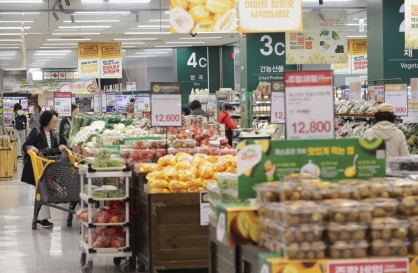
![[AtoZ into Korean mind] Humor in Korea: Navigating the line between what's funny and not](http://res.heraldm.com/phpwas/restmb_idxmake.php?idx=644&simg=/content/image/2024/04/22/20240422050642_0.jpg&u=)
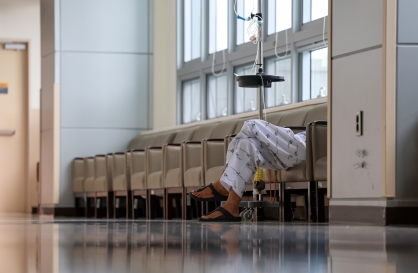



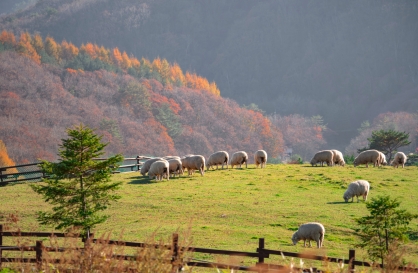
![[Herald Interview] Why Toss invited hackers to penetrate its system](http://res.heraldm.com/phpwas/restmb_idxmake.php?idx=644&simg=/content/image/2024/04/22/20240422050569_0.jpg&u=20240422150649)
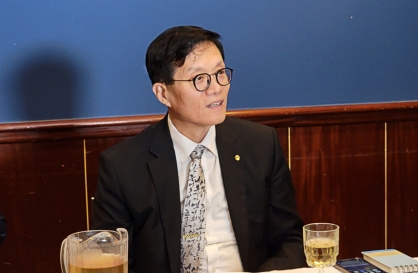




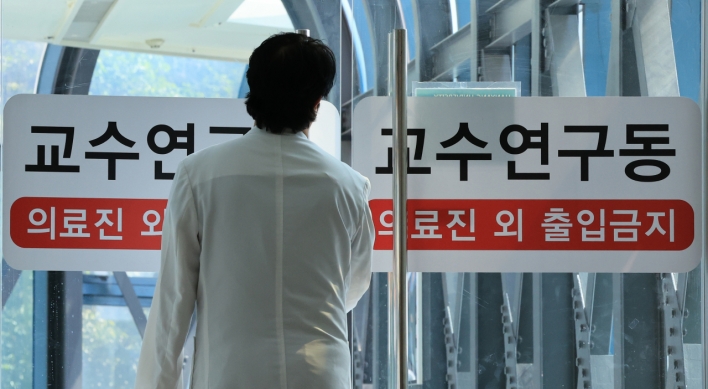


![[Herald Review] Xdinary Heroes kicks off five-month-long project with solo concert, teases new album](http://res.heraldm.com/phpwas/restmb_idxmake.php?idx=652&simg=/content/image/2024/04/22/20240422050539_0.jpg&u=20240422152154)
![[Today’s K-pop] Illit logs 100m Spotify streams with debut song](http://res.heraldm.com/phpwas/restmb_idxmake.php?idx=642&simg=/content/image/2024/04/22/20240422050650_0.jpg&u=)